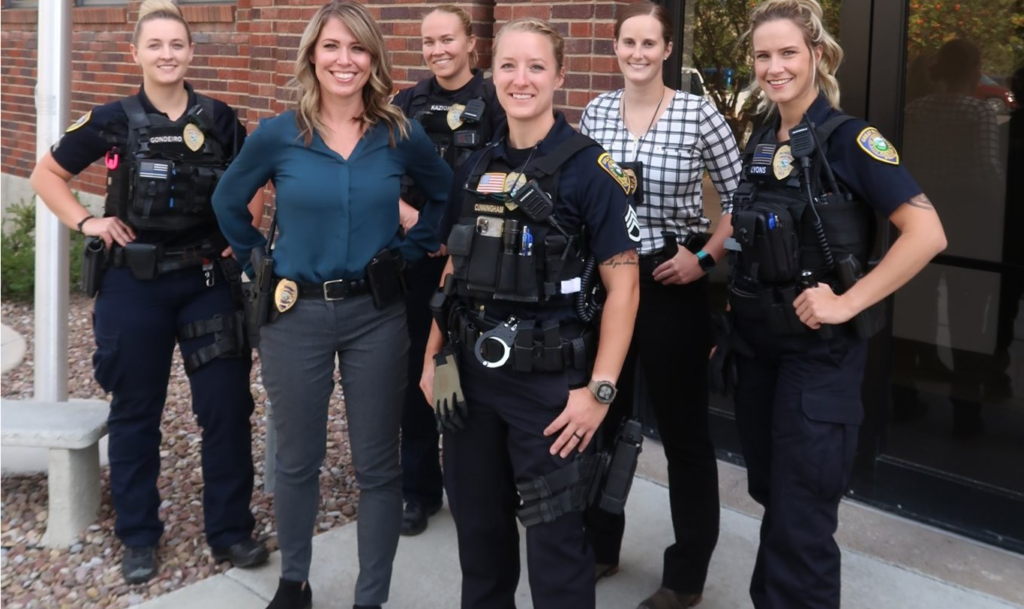Police Woman Day
National Police Woman Day is observed annually on September 12th to honor and recognize the contributions of women in law enforcement. This day celebrates the achievements, bravery, and dedication of female police officers who work to protect communities across the country.

Chocolate Milkshake Day
Chocolate Milkshake Day is celebrated on September 12th each year! It’s a fun food holiday dedicated to enjoying one of the most classic and indulgent drinks—a rich, creamy chocolate milkshake. Blend chocolate ice cream, milk, and chocolate syrup. Top with whipped cream and sprinkles for extra flair. Add peanut butter, caramel, or even a shot of espresso for a unique flavor. Invite friends or family and create a DIY milkshake bar with different toppings. Many places offer special milkshake deals on food holidays.

September 12 has witnessed a variety of significant historical events across different fields.
Notable Events on September 12:
490 BCE – Battle of Marathon: The Athenian army defeated the Persian forces, marking a pivotal victory in the Greco-Persian Wars. The battle inspired the modern “marathon” race, with the story of the messenger Pheidippides running from Marathon to Athens to announce the victory.
1609 – Henry Hudson’s Exploration: English explorer Henry Hudson began his exploration of the river that would later bear his name, the Hudson River, while on a Dutch expedition. This exploration would lead to Dutch colonization in the New York area.
1940 – Lascaux Cave Paintings Discovered: Four teenagers in Lascaux, France, stumbled upon a cave filled with prehistoric paintings, estimated to be around 17,000 years old. The Lascaux Cave Paintings are among the most famous examples of Paleolithic art.
1953 – John F. Kennedy Marries Jacqueline Bouvier: Future U.S. President John F. Kennedy married Jacqueline Bouvier in a widely publicized ceremony in Newport, Rhode Island.
1958 – U.S. Supreme Court Orders Integration in Little Rock: The U.S. Supreme Court ordered that the Little Rock, Arkansas schools must integrate, upholding a lower court ruling. This decision came amidst the civil rights movement and the earlier “Little Rock Nine” crisis in 1957.
1962 – JFK’s Moon Speech: President John F. Kennedy delivered his famous “We choose to go to the Moon” speech at Rice University in Houston, Texas. This speech was a pivotal moment in the U.S. space race, emphasizing America’s commitment to landing a man on the Moon by the end of the decade.
1990 – Treaty on the Final Settlement with Respect to Germany Signed: This treaty, also known as the “Two Plus Four Agreement,” was signed by East and West Germany and the four Allied powers (United States, Soviet Union, United Kingdom, and France), paving the way for German reunification following the end of the Cold War.
Notable Birthdays on September 12:
1880 – H.L. Mencken: An influential American journalist, satirist, and cultural critic, Mencken was known for his sharp wit and commentary on American life.
1913 – Jesse Owens: American track and field athlete, best known for winning four gold medals at the 1936 Berlin Olympics, defying Nazi ideology on racial superiority.
1944 – Barry White: American singer, songwriter, and record producer, famous for his deep voice and romantic hits like “Can’t Get Enough of Your Love, Babe.”
1973 – Paul Walker: American actor best known for his role as Brian O’Conner in the “Fast & Furious” film series.
Notable Deaths on September 12:
1992 – Anthony Perkins: American actor best known for his role as Norman Bates in Alfred Hitchcock’s Psycho (1960). He passed away from complications of AIDS at the age of 60.
2003 – Johnny Cash: Iconic American singer-songwriter known for his deep, resonant voice and songs like “I Walk the Line” and “Folsom Prison Blues.” He passed away at the age of 71, leaving a legacy as one of the most influential musicians in American history.
Historical Significance of September 12:
The date is known for key moments in exploration, civil rights, science, and politics. From the discovery of ancient art in Lascaux to Kennedy’s bold vision for space exploration, September 12 has marked significant turning points in history across centuries.


